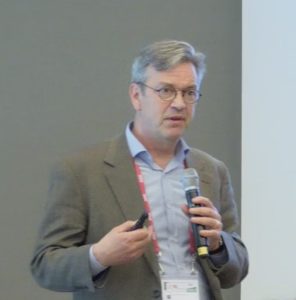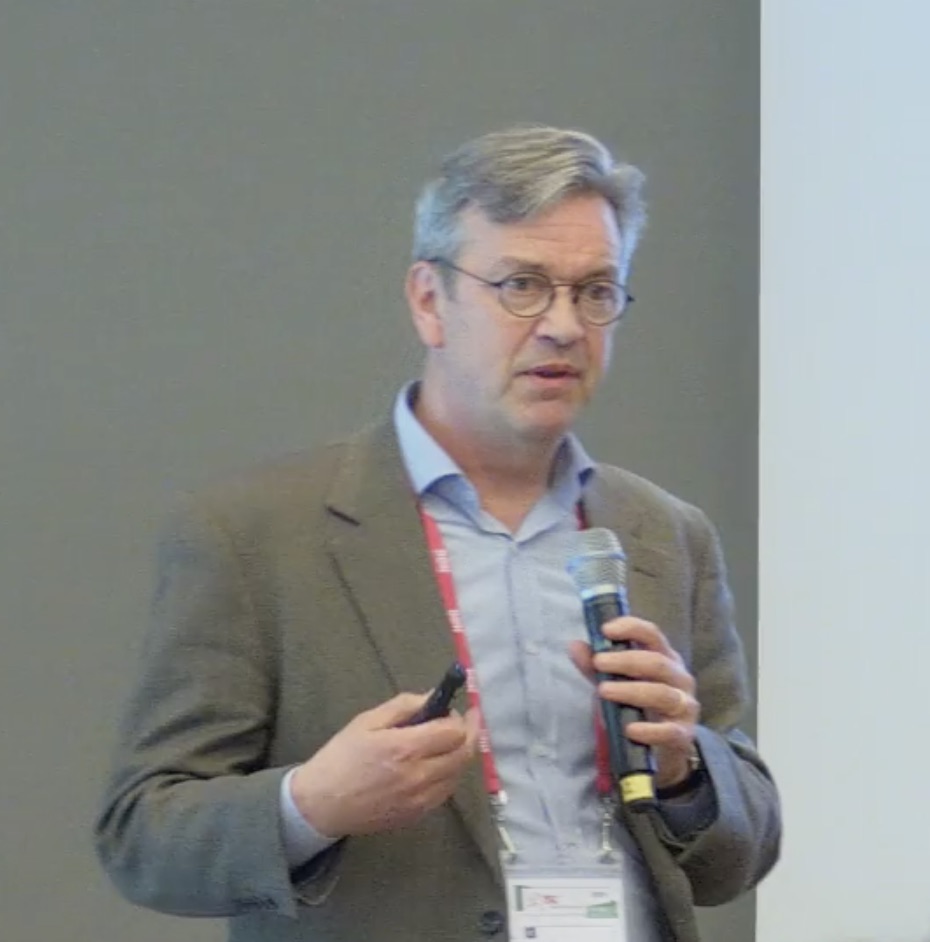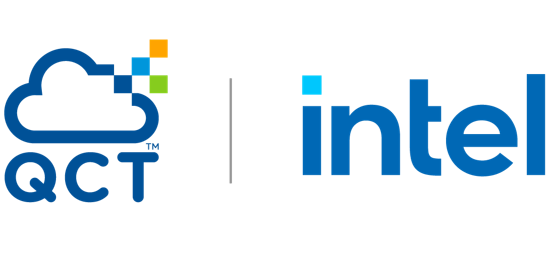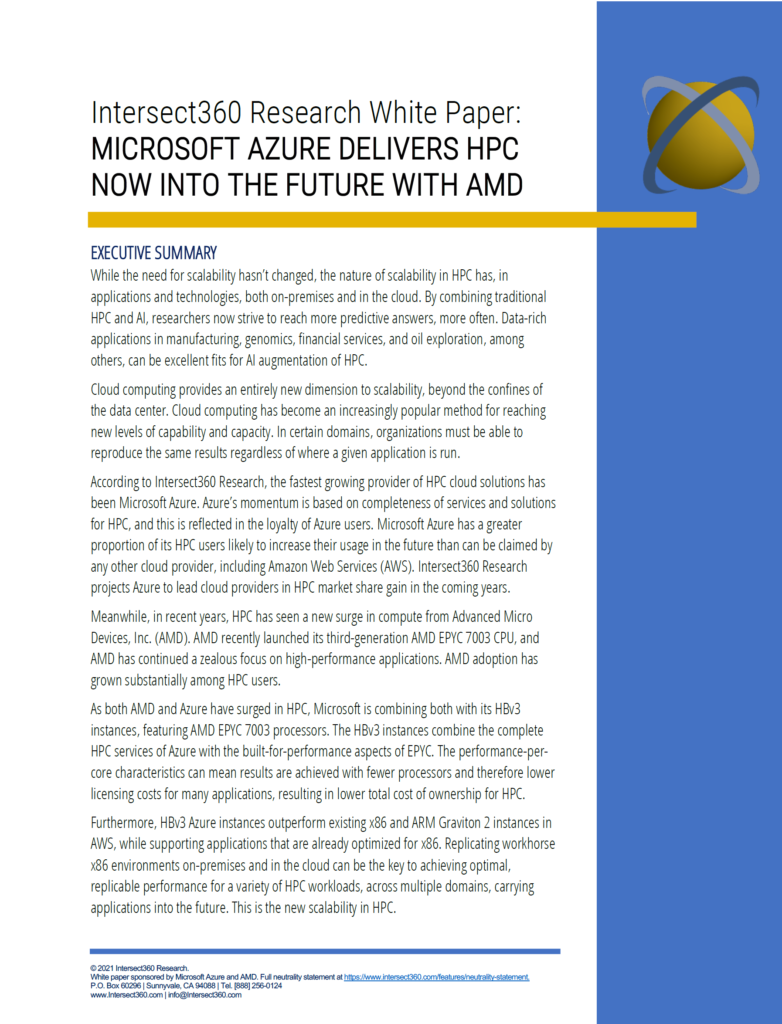 In this video from the DDN User Group at ISC 2019, Crispin Keable from Atos presents: Accelerating Time to Results for AI at Samsung UK.
In this video from the DDN User Group at ISC 2019, Crispin Keable from Atos presents: Accelerating Time to Results for AI at Samsung UK.
In 2018, Samsung established AI Centers in Cambridge, Toronto, Moscow, Russia, Seoul, and Silicon Valley to strengthen the company’s AI capabilities and explore the potential of user-centric AI. The company plans to expand its number of advanced AI researchers to a total of about 1,000 globally by 2020.
Atos was tasked with developing an AI infrastructure for Samsung UK’s AI Center that could be easily scaled in the future.
Highlights included:
- A cluster of NVIDIA DGX-2 systems connected to NVIDIA GPU Cloud (NGC)
- Cluster management software that can be enhanced as the system grows
- High performance All-flash storage with a parallel Lustre filesystem from DDN
- A ‘fat tree’ InfiniBand network with balanced performance to the storage
- Conform to NVIDIA reference architecture where possible
In its vision for AI, Samsung focuses on five core aspects to drive its research. These include AI that is: “user-centric,” realizing personalization through a multi-modal interface; “always learning,” through continuous self-learning from data; “always there,” as an ambient service; “always helpful,” with minimization of user intervention and response to requests; and “always safe,” ensuring user safety and privacy. As they work around these focuses, the new AI Centers will leverage cutting-edge research environments along with the regional strengths of the researchers to carry Samsung’s AI capabilities to new heights.
In the coming years, Internet of Things (IoT) devices embedded with AI will generate a vast array of data that can provide fascinating insights about the lives of users, enabling them to take advantage of intelligent services optimized for their own personal preferences and behaviors. How AI-enabled devices provide consumers with the most optimized options will be critical to the success of AI technology for the near future. To provide a user-centric ecosystem, Samsung aims to build an AI platform under a common architecture that will not only scale quickly but also provide the deepest understanding of usage context and behaviors, making AI more relevant and useful.
Crispin Keable is head of HPC and Big Data at Atos. With over 25 years’ experience in supercomputing, Crispin has worked through the evolution of High Performance Computing (HPC) from proprietary systems in hardware and software to open standards, open source and commodity technologies. He works with a wide range of scientific and technology organizations to help define, translate and realize their technical and simulation goals.




